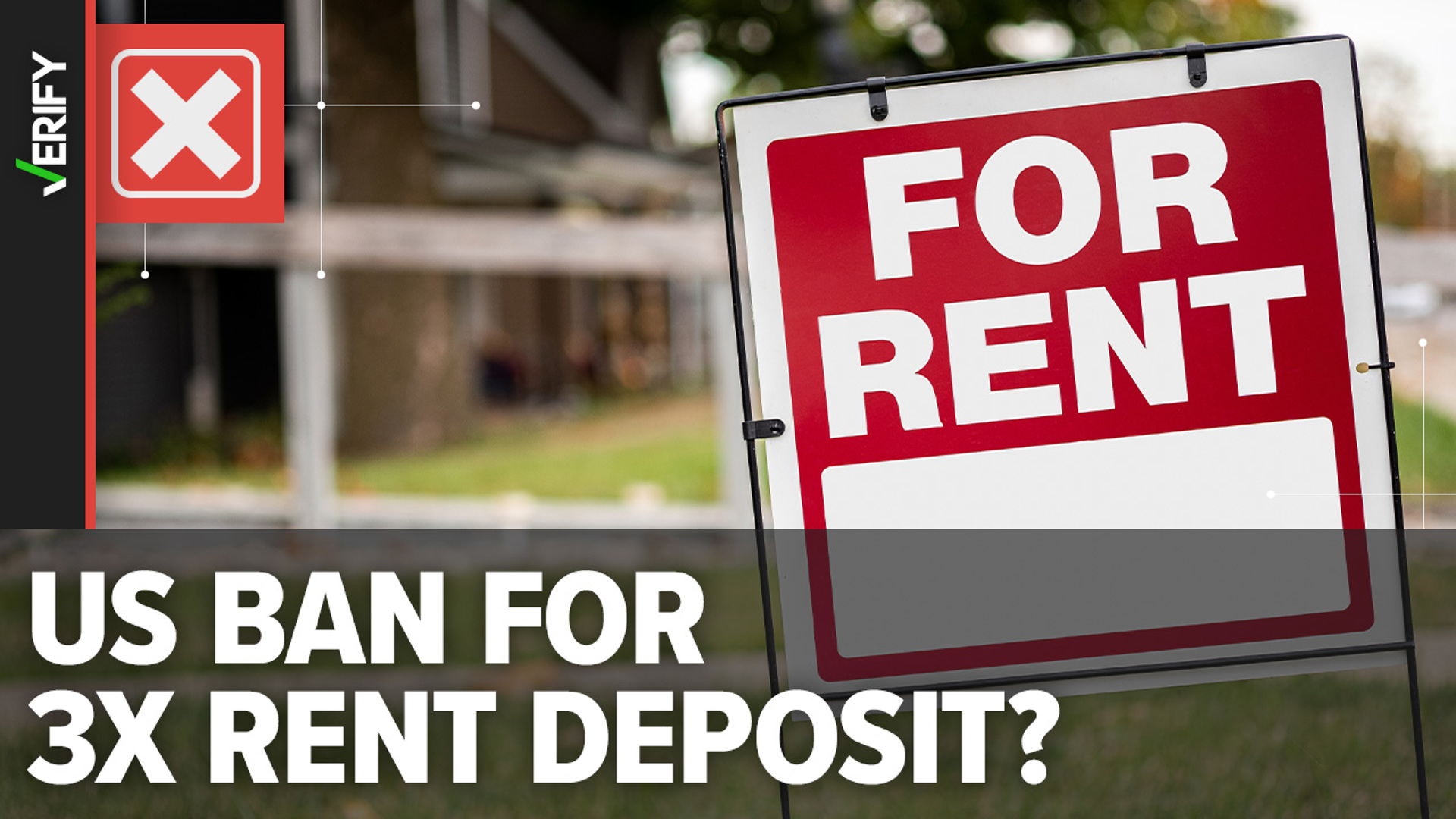TAMPA, Fla. — How much do you pay for rent?
For many in America, including here in Florida, the rising costs of living have taken a toll on their wallets. So much so that people are now reportedly taking on debt to pay their rent
In a report from Consumer Affairs, a survey showed 48% of renters surveyed have taken on debt. This includes credit card debt, personal loans and borrowed funds from family or friends.
The article attributes this to rent increases outpacing wage growth. Between 2019 and 2023, wages increased by just above 20%, whereas rent increased by a little over 30%.
The average 2023 rent overall in the U.S. is a reported $1,958, with the median wage being $48,069.
So, what does that mean for Tampa residents?
A chart explains that Tampa's median rent in 2019 was $1,375, with an average income of $37,170.
In 2023, the average rent and wage in the city went up to $2,081 and $46,420, respectively. That is a 51.34% increase over four years, the study explains.
According to Consumer Affairs, Tampa has had the fourth biggest increase in rent among cities in America. The cities that outrank it include Miami, North Port and Knoxville, Tennessee.
In a statement to the company, president and CEO of the National Low Income Housing Coalition Diane Yentel explained that actions by Congress that helped people struggling with rent payments have expired, causing the current situation.
“[Previous] actions cut evictions in half, kept millions of renters stably housed and moved many unhoused people into housing,” Yentel said. “Congress then let protections expire and resources be depleted. Renters were faced with unprecedented and unjustifiable rent hikes and brutally high inflation. And as rents increased, so too [did] eviction filings and, ultimately, homelessness.”
Consumer Affairs has provided these tips for those moving to cities with higher rent costs:
- Seek local rent assistance programs in your area that can help you pay for rent, security deposits or utilities. You can also go to Renters Rising’s site for links to tenant resource organizations for all 50 states.
- Split rent costs by living with a roommate or partner.
- Use public transit more often to save on fuel and car maintenance issues.

